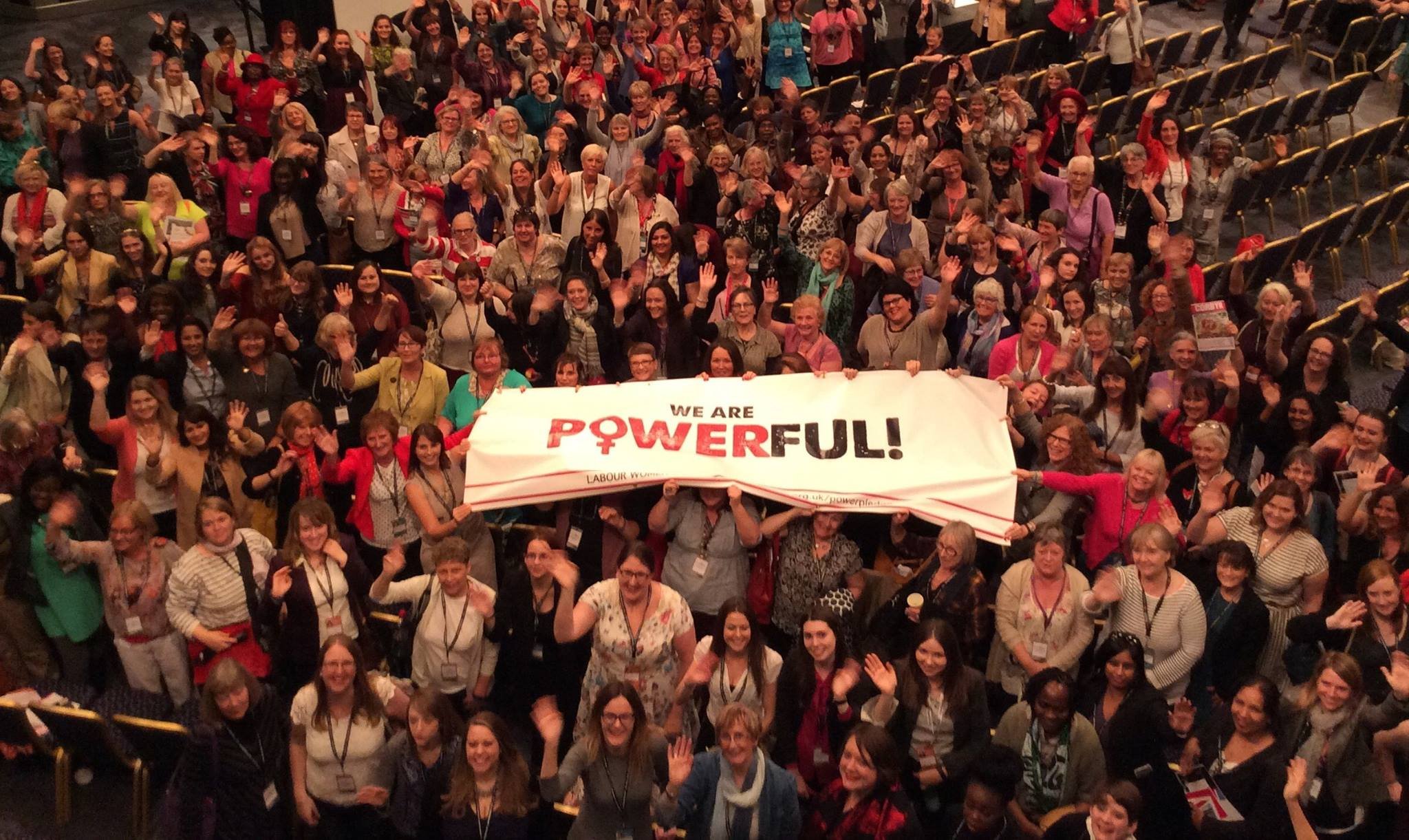
It all starts with an idea
Our network encourages members to share their thoughts, views and ideas on topics that matter most to them
Wakefield is No Litmus Test for Government
George Pugh-Thorogood of DGA Interel advises Starmer, to lead an unprecedented electoral swing, in the way Attlee did in 1945, Labour’s offering today must reflect on an understanding of what it means to learn from, rather than merely exit, national crisis.
Beyond Wakefield: Tory troubles aren’t a substitute for inspiring policies
Ben Robinson of Interel suggests whilst success in red-wall Wakefield would be meaningful, Labour cannot afford to rest on its laurels. Rather than asking “How long, Tories, will you abuse our patience?”, the party should be answering “How, Labour, will you change our fortunes?”.
Why Labour Needs a Policy & Campaigns ‘Skunkworks’
Mark Mcvitie suggests Labour should create a crack team of communicators, strategists, policy wonks, pollsters, data scientists and behavioural experts – free to innovate wildly, operate independently of party structures and focused on outmanoeuvring the Tory electoral machine.
Rule changes open up selection races to more creative communications
Nathan Oswin offers advice on how to run a selection process.
Labour is missing a trick on drugs policy
Tom Darling suggests that by moving left on drugs, Labour could signal to those saying they would now vote Green – who are disproportionately younger, and many of whom will have voted Labour in 2017 – that their vote belongs with the Labour Party.
Don’t take the immigration bait
Joe Holden suggests Labour should not get bogged down in tit-for-tat with the Tories on the unethical and internationally damaging Rwanda immigration policy, and instead continue to focus on the cost-of-living crisis.
Encouraging trust in a time of uncertainty
Matthew Burton and Eleanor Cavill suggest that with trust in the Tories severely weakened at a time of national insecurity, Labour must focus relentlessly on establishing trust in the policy solutions it has to offer.
Combatting the Lost Decade
Alice Pleasant suggests a decade has been lost under the Conservatives – but Labour needs a coherent plan to show that the party can lead the country into prosperity.
Labour still needs a sharper message on the economy
Dan Julian of Cicero/amo suggests all too often Labour lands on a message but abandons it too quickly for it to have made an impression on voters.
Chair of the Fabian Society: Living with COVID
Dr Martin Edobor, Chair of the Fabian Society, suggests Labour must continue to think big and bold as living with COVID means not only having responsive public health measures but fundamentally rethinking how our NHS works.
Labour in the City Chair: Labour needs to be a long-term investor in the City
Nick Smith, Chair of Labour in the City, suggests three areas where Labour can encourage private capital in support of its agenda.
Keir’s support for NATO is the biggest comms shift of his leadership so far
Richard Brooks suggests that on the issue of defence and national security, Labour is unrecognisable to what it was under Corbyn’s leadership.
Labour must work with business to deliver net zero
Joe Dharampal-Hornby of Impact Investing Institute suggests that winning the next election will depend on Labour’s ability to articulate a brighter future – working with the private sector, as well as unions and individuals, to deliver a greener, more prosperous Britain.
Labour needs a nasty streak
Harry McNeill of Hanbury Strategy, suggests that the challenge for Labour is to present to the public not only what it would do in Government, but also what it would not. And if that ruffles a few feathers among the usual suspects on Twitter, so be it.
Just another brick out the wall
Sarina Kiayani of Dentons Global Advisors Interel suggests that Labour should promote Wakeford as a model for the electorate to follow, showing that the party understands why many Red Wall voters turned away from them in 2019, but is ready to welcome them back.
Director of Labour Women’s Network: Labour needs candidates with a compelling narrative
Claire Reynolds, Director of Labour Women’s Network, suggests it is imperative that Labour chooses candidates who can tell a compelling story: their own, and that of Labour’s future.
Young Fabians Chair: Labour must be the party for working-age people
Mark Whittaker, Chair of the Young Fabians, reflects on Labour’s losses in its former industrial strongholds in 2017-21, but notes that during the same period Labour has scored surprise victories in parts of southern England that have never been considered part of its heartlands. Mark suggests Labour must understand and vocally represent its new coalition of supporters – not shy away from it.
When did ‘Comms’ become a dirty word for the left?
James Matthewson of The Young Gamers and Gamblers Education Trust writes of his personal experience in communications and reflects on his conversation with John McDonnell about the damaging mistrust of professionals in the world of media and communications among some on the left.
Boris: Creative Conservative to the COVID Prime Minister
Sarina Kiayani of Interel suggests the Tories have gone from “strong and stable” to “sinking and stinking”.
Outlook inequality: communicating to the COVID generation
Dolapo Akinbolagbe of Tulchan writes that Labour should target the ‘COVID generation’, arguing that young people should be at the heart of plans for recovering from the pandemic.
After Batley, now is the time for Labour to set out its positive post-Covid vision
Dan Julian of Cicero/amo suggests that now is the time for Keir to explain what a Labour recovery from the pandemic will look like and how he'll lead the country to get there.
Looking beyond the pandemic horizon
Alice Pleasant of Lansons, reflecting on Labour’s communications approach during the pandemic, suggests that — beyond the pandemic — the party cannot be pushed from pillar to post on policy by simply reacting to news one week to the next.
Let’s address the ‘culture war’
Gregor Dron of Connect Group suggests that Keir has avoided commenting on divisive issues such as race equity. Yet, this week’s Education Select Committee report illustrates that no area of policy is exempt from issues of race, culture and nationhood. Keir must be ready to tackle these issues head on.
The Health Bill could kickstart Labour’s revival
Rory MacFarlane and Subodh Tailor of Hanover Communications, who suggest Labour should offer a positive vision for a health system for the future.
Electoral Reform – The Future is Fairer
Joe Holden of Lexington writes on prospects for electoral reform. He writes that a commitment by Labour to electoral reform could provide an electoral boost for the party.
Tears for Piers shows Starmer has a story to tell
Harry McNeill of BCW Global writes that Keir Starmer’s interview on ITV’s Piers Morgan’s Life Stories showed that, despite his slightly awkward camera presence, Keir is a generally likable family man with a determination to win power.
Review of Labour’s rural policy
Thomas Messenger of ENGINE MHP writes that Labour’s policy is a genuinely radical step in the right direction which appeals to the country at large, bridging the divide between north and south, as well as our cities, towns, and rural communities.
Can Labour still win on a new green deal?
Jonathan Caleb-Landy of Hill+Knowlton Strategies suggests that Labour needs a more credible net zero plan in order to be more trusted by voters to deliver the energy transition in a fairer and more equitable way than the Tories.
Labour’s Grand Strategy
Dominic Hauschild, Labour in Communications' Parliamentary Relations Lead, on why Labour needs a Grand Strategy.
Labour needs to start listening again
Emeka Forbes of WA Communications writes that, despite Keir’s efforts to reform the party and connect to communities who feel left behind, Labour still has a problem when it comes to listening to voters.
Lessons from the Government’s energy efficiency woes?
Tom Darling of Tendo Consulting Limited urges Labour to think carefully about how it communicates its climate change plan, particularly because the issue is now so closely linked with broader questions around tax and spend, where the party has thus far struggled to convince voters of its credibility.
Owning the ‘levelling-up’ agenda
Anna Wrigglesworth of Lexington Communications suggests Labour should work to own the language and narrative around ‘levelling-up’, and define what it is, enabling the party to better hold this Government to account.
The May local elections will test Labour’s mettle
Abigail Jones of Grayling, looking ahead to the May elections, writes about how the local and regional elections will provide a revealing analysis of how Labour is truly faring in the eyes of the public and whether Sir Keir’s cautious communications approach during the pandemic will pay off.
Why being politically fluid can work in Labour’s favour
Cameron MacIndoe of Pagefield suggests Sir Keir has a chance to find mutual ground to mobilise support from across the Party, as opposed to alienating one side and becoming a less forceful challenger, by being politically fluid in appealing to the masses.
The European question will soon have to be articulated.
Luke Downham of FleishmanHillard writes on why Labour will this decade have to face up to the reality imposed on Britain by the Conservatives, and answer the European question that Keir Starmer’s inspiration, Harold Wilson, once so successfully dodged.
Taking the lead ahead of COP26
Laura Cunliffe-Hall of Copper Consultancy suggests that now is the time for Labour to show leadership in communicating forward-thinking environmental policy and to apply stronger pressure to keep the climate emergency at the top of the political agenda.
Reflections on trust.
Eleanor Cavill and Matthew Burton from Kekst CNC writes how the COVID-19 pandemic has shown that trust can be established through a track record of competency and why The Labour Party needs to work harder to convince the UK public of its status as a trustworthy agent. The good news is that there is a relatively easy fix.
Investing in care: a missed opportunity
Josie Betts from FTI Consulting writes on why investing in care is so important for keeping the wheels of our economy in motion, and a good example of the “new partnership” that a Labour government would forge with business – one which tackles inequality, builds a secure economy and invests in the future.
Changing communications: the importance of adaptation
SEC Newgate UK's Laura Griffiths, Aimée Howard and Nicholas Jessup write that the context in which Labour communicates today demands a new level of precision and directness for the message to land successfully.
A New Chapter for Keir Starmer?
Portland's Hugh McDaid, Richard Brooks and Joe Riley reflect on Sir Keir's 'A New Chapter for Britain' speech last week and how it provides the basis of a clear, forward-facing narrative heading into 2024.
Why Labour values are needed now more than ever
Brunswick's Ned Walker, Peter Turay and Nabhan Malik write on why Labour values are needed now more than ever and why it is so important there is a Labour Party that supports good business and the vital role they play.









































